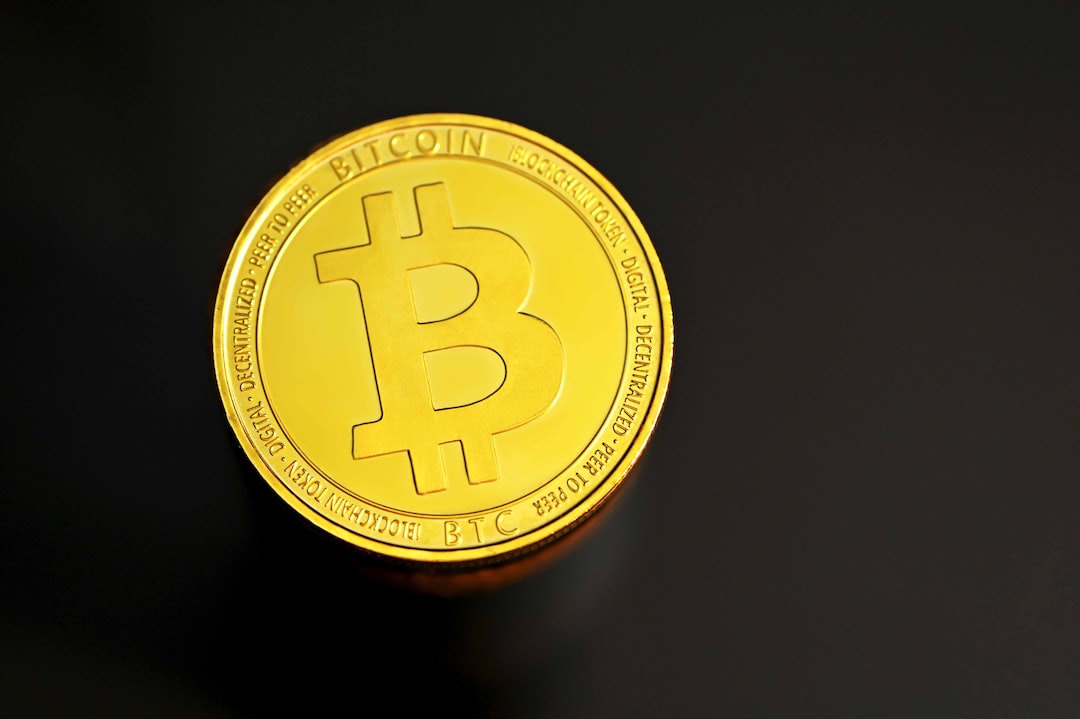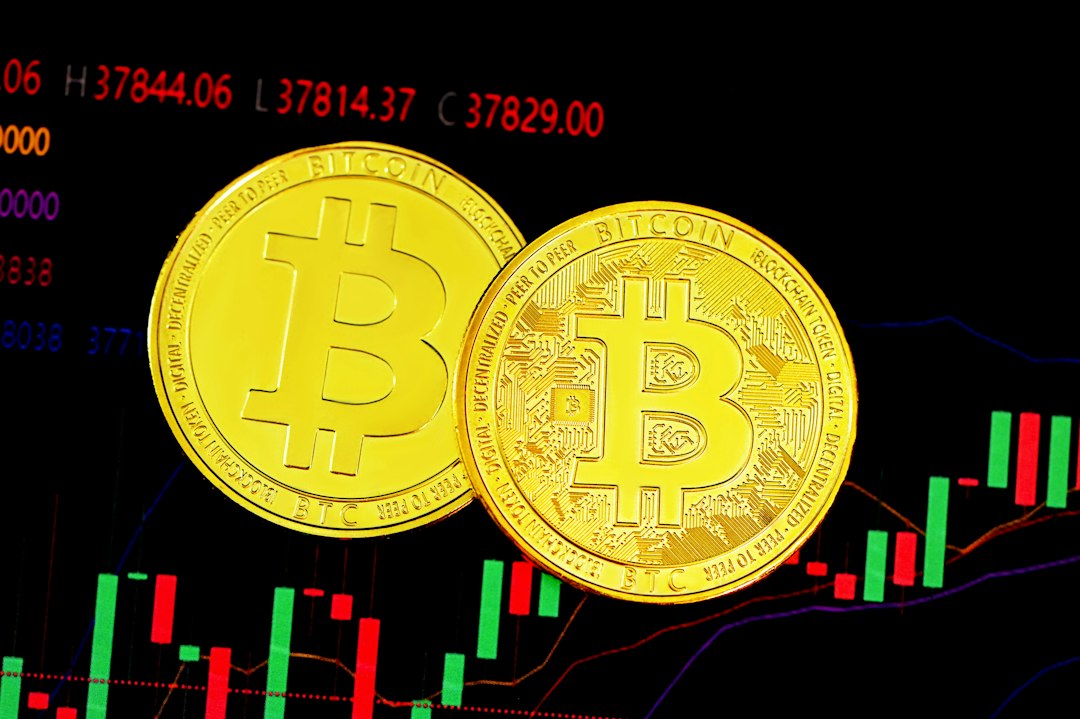Understanding Token Generation Events: What You Need to Know
If you’re new to the world of cryptocurrency, you may have heard about token generation events (TGEs) and wondered what they are all about. TGEs are a crucial aspect of the cryptocurrency space, and understanding them is essential for anyone looking to invest or participate in the industry.
What is a Token Generation Event?
A token generation event is a process through which a new cryptocurrency or token is created and distributed to investors. It is essentially a way for a company or project to raise funds by selling digital tokens to the public. These tokens can then be used within the project’s ecosystem or traded on various cryptocurrency exchanges.
During a TGE, investors can purchase tokens using other cryptocurrencies such as Bitcoin or Ethereum, or even fiat currencies like US dollars.
Once the TGE is complete, the newly created tokens are typically distributed to investors’ wallets, and they can begin using them according to the terms set out by the project.
Why Are TGEs Important?
TGEs play a crucial role in the development and funding of new blockchain projects. By allowing companies to raise capital through the sale of tokens, TGEs provide a way for innovative projects to get off the ground without relying on traditional venture capital funding.
For investors, participating in TGEs can provide an opportunity to support exciting new projects and potentially profit from their success as the value of their tokens increases over time.
Furthermore, TGEs often offer early investors bonuses or discounts on tokens, making them an attractive investment opportunity for those looking to get in on the ground floor of a promising new project.
How Do TGEs Work?
The process of participating in a TGE typically involves registering for the event and then purchasing tokens using the accepted method of payment. This could involve sending cryptocurrency to a designated wallet address or using a credit card or bank transfer for fiat purchases.
It’s important to carefully research and understand the details of each TGE before participating, as different projects may have varying terms and conditions for their token sales.
After the TGE is complete, investors receive their purchased tokens in their designated wallets, and they can then choose to hold onto them as an investment, use them within the project’s ecosystem, or trade them on cryptocurrency exchanges.
Risks and Considerations
- Regulatory Risks: Many countries have varying regulations around token sales, so it’s important to be aware of any legal implications before participating in a TGE.
- Project Viability: Not all projects that conduct TGEs will be successful, so it’s crucial to thoroughly research and evaluate each project before investing.
- Market Volatility: The value of newly issued tokens can be highly volatile, so it’s important to be prepared for potential price fluctuations after participating in a TGE.
You should carefully consider these risks before deciding whether to participate in any given token generation event.
The Future of Token Generation Events
TGEs have become an integral part of the cryptocurrency industry, providing an innovative way for projects to raise funds and for investors to support promising new ventures. As blockchain technology continues to evolve, we can expect TGEs to remain an important method for funding new projects in this space.
As more regulatory clarity emerges around token sales and investor protection measures are put in place, we may see further growth and maturation in how TGEs are conducted.
Symbols and Acronyms
- TGE: Token Generation Event
- Cryptocurrency: Digital or virtual currency that uses cryptography for security
- Fiat Currency: Government-issued currency that is not backed by a physical commodity such as gold
- Ethereum: A decentralized platform that enables smart contracts and decentralized applications (DApps) to be built and operated without any downtime, fraud, control, or interference from a third party
- Bitcoin: The first decentralized digital currency that works without a central bank or single administrator
Frequently Asked Questions (FAQs)
What is the difference between an Initial Coin Offering (ICO) and a Token Generation Event (TGE)?
An ICO is typically used as a fundraising method by startups offering newly issued digital tokens in exchange for established cryptocurrencies like Bitcoin or Ethereum. On the other hand, a TGE is more general term encompassing various methods of issuing tokens including ICOs but also other forms like Security Token Offerings (STOs).
Are there any restrictions on who can participate in a Token Generation Event?
Rules around who can participate in token generation events vary by project. Some may have restrictions based on geography or investor accreditation status. It’s important to check each project’s terms before attempting participation.
How do I know if a project conducting a Token Generation Event is legitimate?
To determine if a project conducting a TGE is legitimate, you should perform thorough due diligence including researching the team behind the project, evaluating its whitepaper and roadmap, checking community sentiment online, and looking for any red flags that may indicate potential scams or fraudulent activity.
By understanding these aspects of token generation events you can make informed decisions about whether participating in one aligns with your investment goals. Remember that research and caution are essential when exploring this aspect of cryptocurrency investing.





 By
By
 By
By
 By
By

 By
By